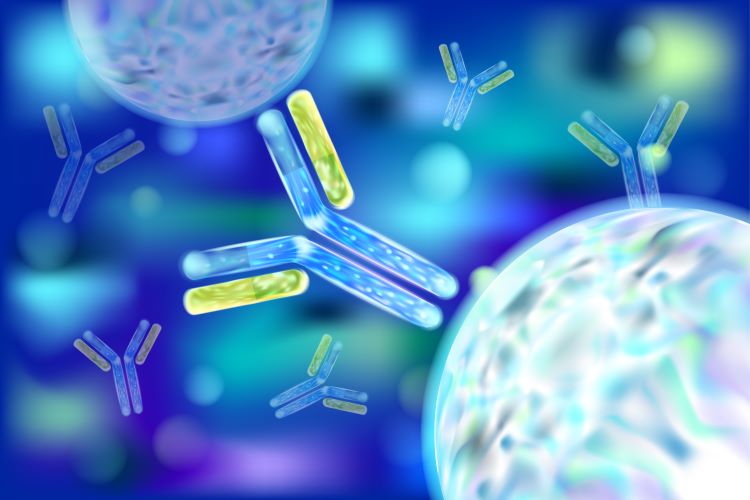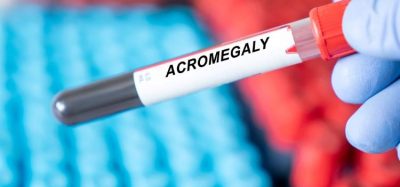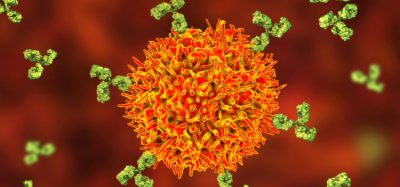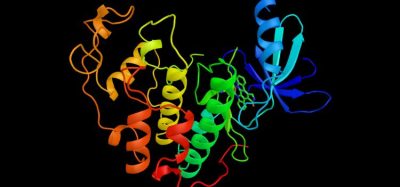Antibody-drug conjugates: paving the future of oncology clinical development
Posted: 26 October 2023 | Catherine Eckford (European Pharmaceutical Review), Dr Mark Rutstein (Daiichi Sankyo) | No comments yet
Dr Mark Rutstein, Senior Vice President, Head of Oncology Clinical Development at Daiichi Sankyo, highlights key data about the company’s antibody-drug conjugate (ADC) being investigated for breast and lung cancer, and shares insight into why ADCs could replace current standards of care in oncology.


Antibody-drug conjugates (ADCs), such as datopotamab deruxtecan (Dato-DXd) and trastuzumab deruxtecan, have demonstrated compelling evidence of efficacy in oncology across numerous diseases in recent months.
In August 2023, Biswajit Podder, PhD, Oncology and Hematology Analyst at GlobalData shared that HER2-positive breast cancer “seems to be a major focus” in ADC drug development.
Podder continued, highlighting however that the current challenges of ADCs include drug resistance and their complex and costly manufacturing processes. Yet as the market continues to recognise the value of these treatments, especially with them having “clear benefits over current monotherapy and combination therapy options in cancer treatment”, it is unsurprising that GlobalData’s research predicted the ADC oncology therapy market will value more than $36 billion by 2029.
Following the recent 2023 European Society for Medical Oncology (ESMO) meeting, Dr Mark Rutstein, Senior Vice President, Head of Oncology Clinical Development at Daiichi Sankyo, summarises key data for the ADC datopotamab deruxtecan (Dato-DXd) and its potential in oncology, particularly for breast and lung cancer.
Can you summarise the key new data from the TROPION-programme?
Data from the Phase III trials TROPION-Breast01 and TROPION-Lung01, the first two pivotal trials from Daiichi Sankyo’s datopotamab deruxtecan (Dato-DXd) clinical development programme, underscore the potential to change the way certain patients with HR positive, HER2 low or negative metastatic breast cancer as well as advanced non-small lung cancer (NSCLC) are treated.
With the TROPION-Lung01 trial, datopotamab deruxtecan becomes the first ADC to demonstrate a statistically significant improvement in PFS versus docetaxel in patients with previously treated NSCLC”
In the TROPION-Breast01, datopotamab deruxtecan demonstrated a clinically meaningful improvement in progression-free survival (PFS), reducing the risk of disease progression or death by 37 percent versus chemotherapy in patients with HR-positive, HER2-low or negative breast cancer.
With the TROPION-Lung01 trial, datopotamab deruxtecan becomes the first ADC to demonstrate a statistically significant improvement in PFS versus docetaxel in patients with previously treated NSCLC. Clinically meaningful PFS benefit was seen in patients with non-squamous tumours. In either trial, no new safety concerns were identified.
Why does datopotamab deruxtecan have potential in treating breast and lung cancer?
Datopotamab deruxtecan is key to the future we envision where ADCs improve upon and ultimately displace entrenched standards of care in multiple cancer types. It was developed in the Daiichi Sankyo labs using our proprietary DXd antibody-drug conjugate technology which has shown promise across different types of cancer. TROP2 expression, which is associated with cancer growth, is high in lung and breast cancers, which guided our selection as the initial focus of datopotamab deruxtecan development. The TROPION-Lung01 and TROPION-Breast01 results, in addition to promising data we have seen from datopotamab deruxtecan in combination with immunotherapy, demonstrate progress in pursuit of this vision in two significant advanced cancer indications.
What was one of the biggest challenges in developing datopotamab deruxtecan?
The results presented at ESMO indicate that we are one step closer to providing eligible patients with a more efficacious alternative to chemotherapy once their tumours progress on prior treatments”
The results presented at ESMO indicate that we are one step closer to providing eligible patients with a more efficacious alternative to chemotherapy once their tumours progress on prior treatments.
Despite this progress, a key challenge will be to work on identification of a biomarker to help select the most appropriate patients for treatment with datopotamab deruxtecan, which we are working on with our partner AstraZeneca. This would unlock our ability to predict patients most likely to benefit from treatment with datopotamab deruxtecan and to potentially launch future trials in other cancer types.
What are the current trends in clinical development for oncology?
There are a range of advances in clinical development within oncology, driving changes in standard of care and addressing unmet needs. ADCs continue to demonstrate the potential to improve standard of care and next generation ADC technology is emerging. PD-1 inhibitors also continue to advance the standard of care across numerous disease states, as well as rationally designed small molecules, including when both are given in combination with other agents. Both bi-specific T-cell engagers and bi-specific antibodies are emerging to address unmet clinical needs. Radiopharmaceuticals are also showing promise as oncology therapeutic agents. In haematologic malignancy, CAR-T cell therapy continues to improve care.
What do you envision the clinical development landscape in oncology will be like in ten years?
There will be continued proliferation of ADCs, allowing for evolution in ADC technology including new targets, new linker technology, new payloads, new structures and an optimised benefit/risk profile, enabling wider entry into a broader disease spectrum. Additionally, immunotherapy treatment regimens and combinations will continue to proliferate. Bi-specific antibody and bi-specific T cell engager technology will be optimised. New genetic and protein targets will be discovered, paving the way for new generation small molecule inhibitors and antibody-based therapies, respectively. CAR-T cell therapy may enter the solid tumour treatment landscape. Beyond this, new drug platforms may emerge, leading to unprecedented improvement in clinical outcomes for oncology patients.
About the interviewee


Prior to joining Daiichi Sankyo, Mark served in a broad range of pharmaceutical positions including oncology drug development at Amgen, Eli-Lilly, Bayer Healthcare, and Bristol-Myers Squibb. Immediately prior to joining Daiichi Sankyo, Mark served as Vice President, Oncology Development at Bristol Myers Squibb while providing oversight to the R&D of several oncology medicines across multiple clinical indications.
Related topics
Anti-Cancer Therapeutics, Antibodies, Big Pharma, Biologics, Biopharmaceuticals, Clinical Development, Clinical Trials, Drug Development, Drug Safety, Research & Development (R&D), Therapeutics
Related organisations
Related drugs
Related people
Related diseases & conditions
Breast cancer, Cancer, HER2-positive breast cancer, Lung cancer, non-small cell lung cancer (NSCLC), Tumours









